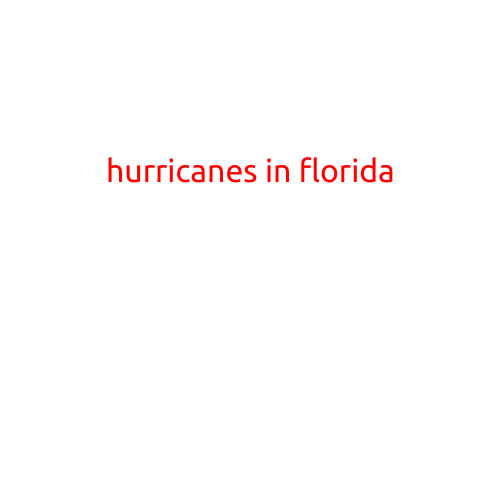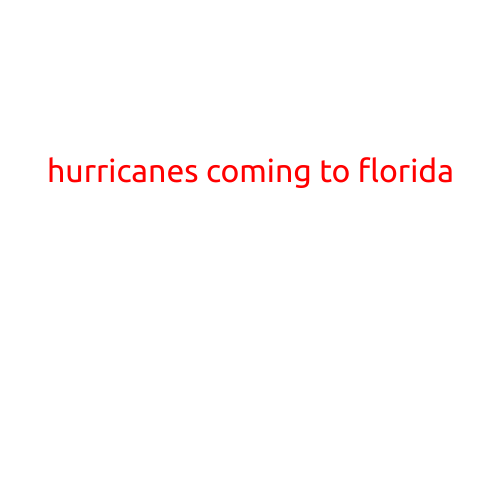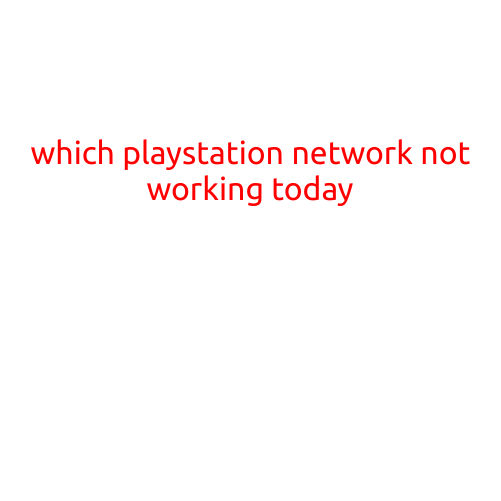
Hurricanes in Florida: Understanding the Risks and Preparation
Florida is known for its beautiful beaches, warm climate, and vibrant cities. However, the state is also prone to hurricanes, which can bring devastating winds, heavy rainfall, and storm surges that can cause significant damage and loss of life. In this article, we will explore the risks of hurricanes in Florida, how to prepare for them, and what to do during and after a hurricane.
What are Hurricanes?
Hurricanes are powerful tropical cyclones that form over the Atlantic Ocean and the Gulf of Mexico. They are fueled by warm ocean waters and can bring destructive winds, flooding, and storm surges to coastal areas. Hurricanes are classified based on their wind speed, with Category 1 being the least severe and Category 5 being the most severe.
Hurricane Season in Florida
Florida’s hurricane season typically runs from June 1 to November 30, with the peak months being August to October. During this time, it is essential for residents and visitors to be aware of the risks associated with hurricanes and to take necessary precautions to ensure their safety.
The Risks of Hurricanes in Florida
Florida is located in a region prone to hurricanes, which can bring significant risks to the state. Some of the risks associated with hurricanes in Florida include:
- Strong Winds: Hurricanes can bring sustained winds of up to 150 mph, which can cause significant damage to buildings, infrastructure, and trees.
- Flooding: Heavy rainfall and storm surges can cause widespread flooding, which can be life-threatening and destructive.
- Storm Surge: A storm surge is a wall of water that can cause flooding and damage to coastal areas. In Florida, storm surges can be particularly deadly, especially in low-lying areas.
- Power Outages: Hurricanes can cause widespread power outages, which can leave residents without electricity, water, or communication.
Preparation is Key
Preparing for hurricanes is essential to ensure safety and minimize damage. Here are some tips on how to prepare for hurricanes in Florida:
- Create a Hurricane Plan: Develop a plan with your family, including where to go and how to communicate during a hurricane.
- Stock an Emergency Kit: Assemble an emergency kit with essentials such as food, water, batteries, and a first aid kit.
- Board Up Windows: Board up windows and doors to prevent damage from wind-borne debris.
- Secure Outdoor Items: Secure outdoor items such as patio furniture and trash cans to prevent them from becoming projectiles in the wind.
- Stay Informed: Stay informed about hurricane updates and follow evacuation orders if necessary.
What to Do During a Hurricane
If a hurricane is approaching Florida, it is essential to take immediate action to ensure your safety. Here are some tips on what to do during a hurricane:
- Monitor Weather Updates: Monitor weather updates and follow evacuation orders if necessary.
- Stay Indoors: Stay indoors and away from windows to protect yourself from wind-borne debris and floodwaters.
- Unplug Electronics: Unplug electronics and appliances to prevent damage from power surges.
- Avoid Flooded Areas: Avoid flooded areas, as floodwaters can be contaminated and pose a serious risk to your health.
What to Do After a Hurricane
After a hurricane, it is essential to prioritize your safety and the safety of those around you. Here are some tips on what to do after a hurricane:
- Wait for the All-Clear: Wait for authorities to give the all-clear before venturing outside.
- Avoid Downed Power Lines: Avoid downed power lines, as they can be electrocuted and pose a serious risk to your safety.
- Check for Injuries: Check for injuries and provide assistance if necessary.
- Document Damage: Document damage to your property and possessions, as this can be essential for insurance claims.
Conclusion
Hurricanes can bring significant risks to Florida, but by understanding the risks, preparing for hurricanes, and following safety tips during and after a hurricane, you can minimize damage and keep yourself and your loved ones safe. Remember to always prioritize your safety and the safety of those around you.





